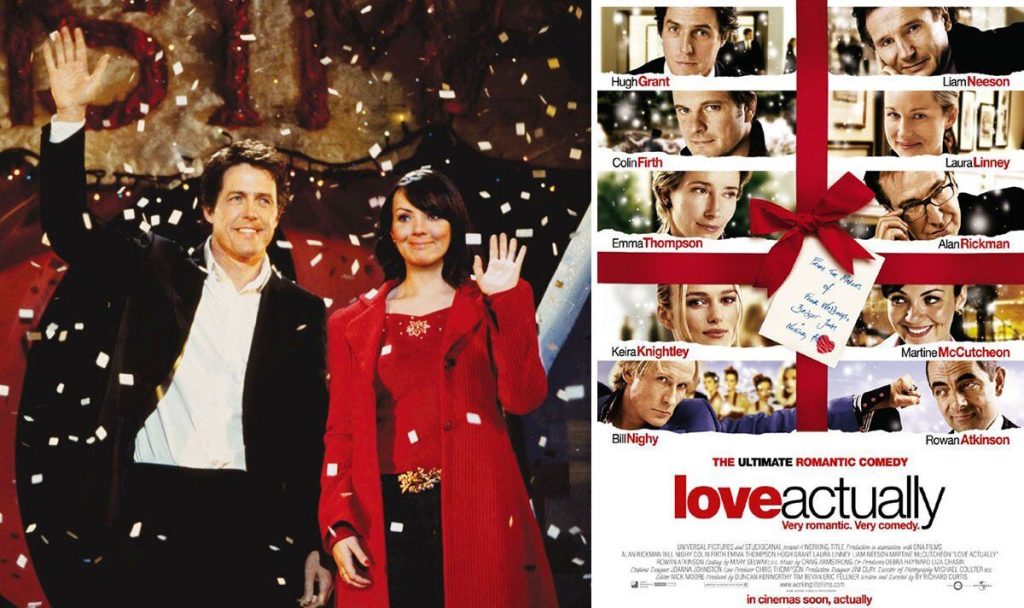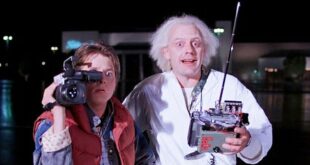
The man behind Blackadder and some Britain’s best-loved rom-coms like Notting Hill and Four Weddings and Funeral gave us Love Actually 20 years ago.
In the two decades since, the Christmas film (despite remaining incredibly popular), has been reassessed for its “problematic” content, including fat jokes towards women.
Now writer-director Richard Curtis has expressed his regrets and vowed never to make such remarks again in his future movies, after being criticised by his 28-year-old daughter Scarlett.
Speaking on stage with her at the Cheltenham Literature Festival, the filmmaker told the audience: “I remember how shocked I was five years ago when Scarlett said to me, ‘You can never use the word fat again’.”
Curtis, who has announced Christmas Actually for this December, continued: “And, wow, you were right. In my generation, calling someone ‘chubby’ … in Love, Actually, there are endless jokes about that. I think I was behind the curve and those jokes aren’t any longer funny.
“I don’t feel I was malicious at the time but I feel I was unobservant and not as clever as I should have been.”
Scarlett, a writer and editor who campaigns about mental health issues after suffering from PTSD, told her father: “As your daughter, I can confirm that you’re a wonderful man, and I like to think I’ve taught you a lot about feminism,” she said.
“So this is by no means the moment I cancel my dad live on stage. But in the last few years, there has been a growing criticism from a lot of people about the ways your film in particular treated women and people of colour.
“Just to name a few of my faves: ‘tree trunk thighs’; Bridget [Jones] being overweight when she’s just a very skinny white woman; multiple counts of inappropriate male behaviour in Love, Actually including the actual prime minister; a general feeling that women are visions of unattainable loveliness; and the noticeable lack of people of colour in a film called Notting Hill, which was quite literally one of the birthplaces of the British black civil rights movement. Looking back, are there things you wish you’d done differently?”
Curtis replied: “Yes, I wish I’d been ahead of the curve because I came from a very undiverse school [Harrow] and bunch of [Oxford] university friends, I think that I’ve hung on, on the diversity issue, to the feeling that I wouldn’t know how to write those parts. I think I was just sort of stupid and wrong about that.”
“I just don’t know. I feel as though me, my casting director, my producers, just didn’t think about it, just didn’t look outwards enough.”

 Latest Breaking News Online News Portal
Latest Breaking News Online News Portal




